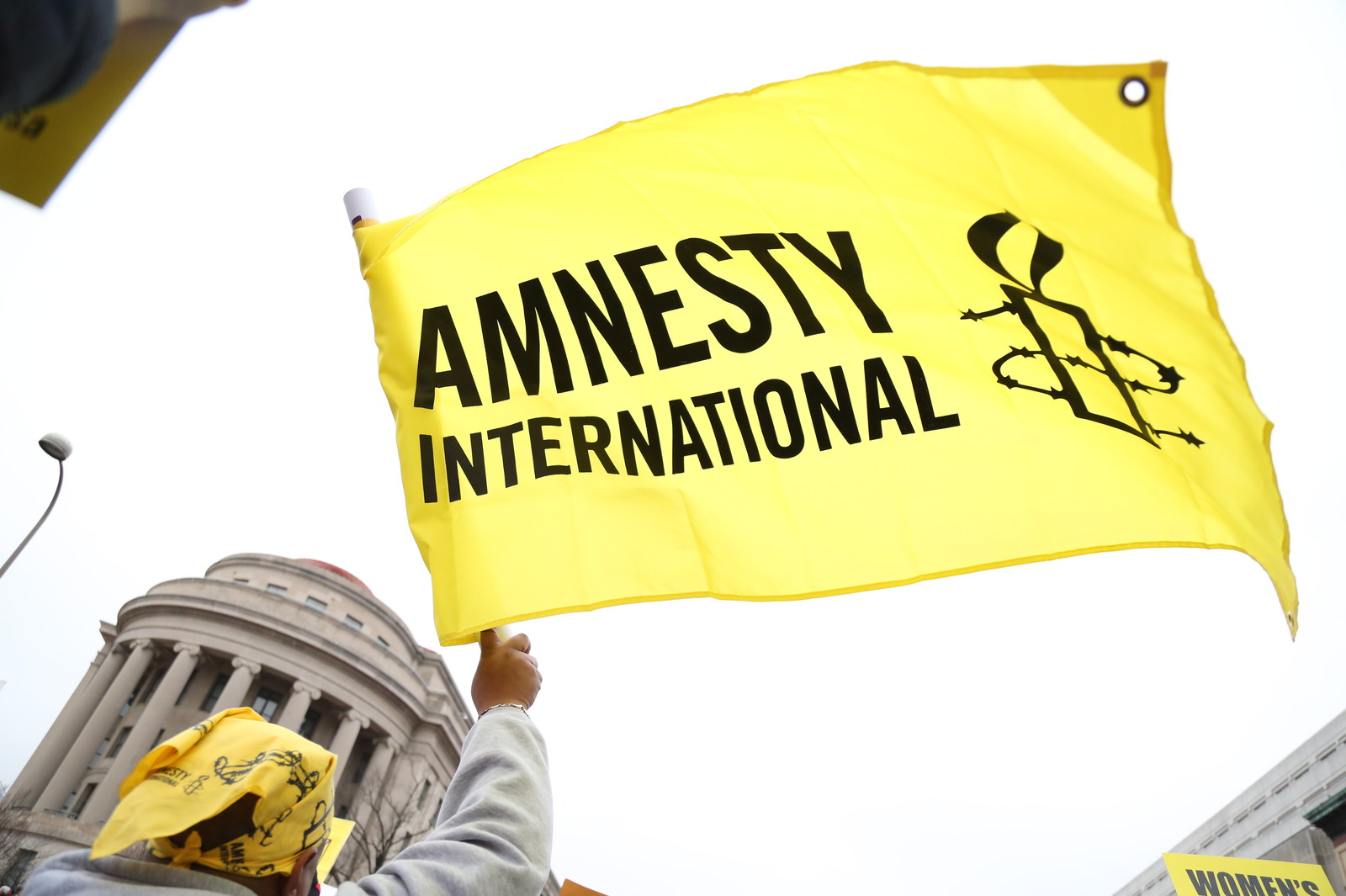Thailand: Adoption of law to address torture and enforced disappearance is a step forward, but significant shortcomings remain
31 August 2022
Amnesty International
On the occasion of International Day of the Victims of Enforced Disappearances, the International Commission of Jurists (ICJ) and Amnesty International consider the adoption of the long-delayed legislation on torture, ill-treatment and enforced disappearance bill to constitute an important step toward the prevention and redress of these crimes. The organizations regret, however, that deficiencies in some provisions mean that it will fall short of becoming a fully effective legal instrument.
“The passage of the Bill signals that Thailand is taking seriously its responsibility to reform its laws to bring justice to victims of these heinous crimes and hold those responsible accountable,” said Ian Seiderman, the ICJ’s Legal and Policy Director. “However, the legislation does not fully or accurately contain what is required under human rights treaties to which Thailand is a party, and it will therefore be up to the responsible authorities to give effect to the Bill in a manner compliant with the UN Convention Against Torture and Other Cruel, Inhuman or Degrading Treatment or Punishment (UNCAT) and the International Covenant on Civil and Political Rights (ICCPR).”
Over the last few years, the ICJ and Amnesty International have submitted various comments and recommendations on the draft Bill so that it would be in line with Thailand’s international human rights obligations.
Thailand is a State Party to the UNCAT and the ICCPR. In 2012, Thailand also signed the International Convention for the Protection of All Persons from Enforced Disappearances (ICPPED), reflecting a commitment to prevent and prohibit the crime of enforced disappearance. Nonetheless, Thailand’s professed commitment to ratify the ICPPED remains unfulfilled up until now.
This Bill emerged from persistent efforts of victims and their families, NGOs, parliamentarians, and experts to ensure that the proposed law criminalizing torture, cruel, inhuman, and degrading treatment or punishment, and enforced disappearance meets international human rights standards. While the initial draft law had numerous problematic provisions, they joined efforts and successfully advocated for the improvement of some key shortcomings.
"We acknowledge that some shortcomings that we have identified in our previous submissions have been addressed in the recently adopted Draft Act. We welcome, for instance, the inclusion of provision concerning cruel, inhuman, or degrading treatment or punishment and the provision acknowledging that the crime of enforced disappearance is a continuous crime," said Emerlynne Gil, Amnesty’s Deputy Regional Director for Research. “Moving forward, Thailand should continue engaging with stakeholders and take the necessary steps to amend the law to make it fully compliant with international human rights laws and standards.”
The organizations urge Thailand to carry out its stated commitment to ratify the ICPPED without any reservation and without any further delay, as well as to address the Draft Act’s shortcomings to guarantee its full compliance with international human rights laws and standards.
Background
Fifteen years after Thailand became a State Party to the UNCAT, Thailand’s House of Representatives finally passed the Draft Prevention and Suppression of Torture and Enforced Disappearances Act, as proposed by the Senate, on 24 August 2022.
The Bill is expected to be endorsed by His Majesty the King and will come into force after the completion of a 120-day period from the date of its publication in the Royal Gazette.
The current Bill continues to contain provisions that are inconsistent with international law and standards. Key concerns include:
- Definitions of the crimes of torture and enforced disappearance are incomplete or otherwise discordant with international law, and ‘disappearance’ committed by non-state actors, as provided in Article 3 of the ICPPED, is not defined;
- The removal of the clause exempting the application of laws relating to amnesty;
- The lack of representation of victims of torture and enforced disappearance in the composition of the Committee on the Prevention and Suppression of Torture and Enforced Disappearance and the removal from the Committee’s duties the inspection of places of detention;
- The removal of the provision on the inadmissibility of statements and other information obtained by torture, ill-treatment and enforced disappearances as evidence in legal proceedings; and
- The absence of provisions containing prescriptions for torture and enforced disappearance crimes that are fully compliant with UNCAT and ICPPED.
The ICJ and Amnesty International analysis of the existing shortcomings of the Bill can be found here in English and Thai
The Bill that was adopted by Thailand’s House of Representatives here (in Thai), and its unofficial translation here




